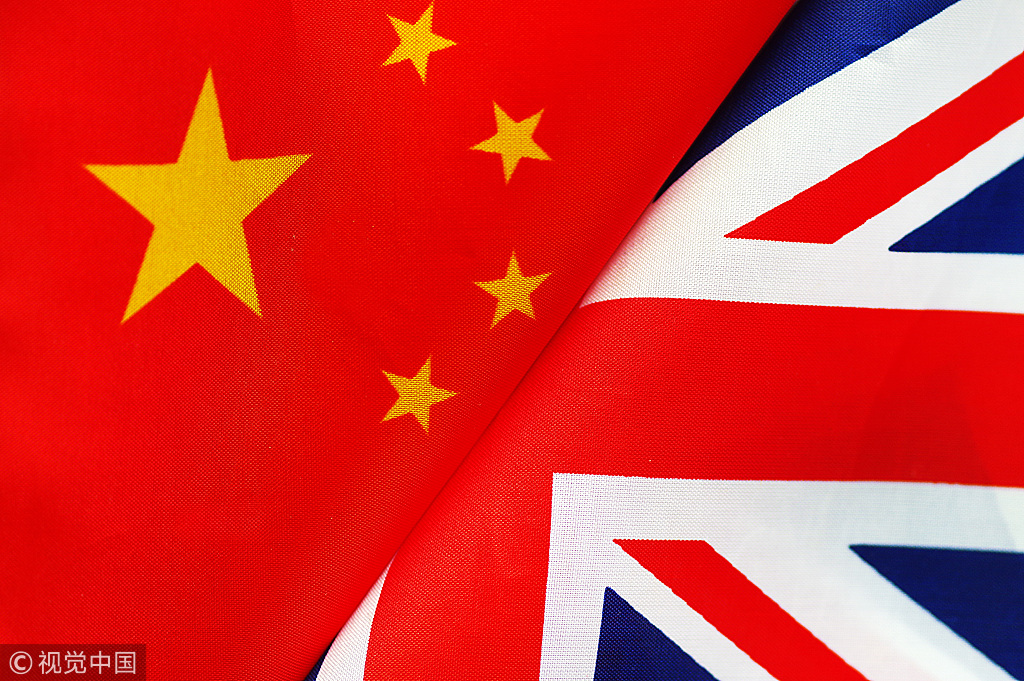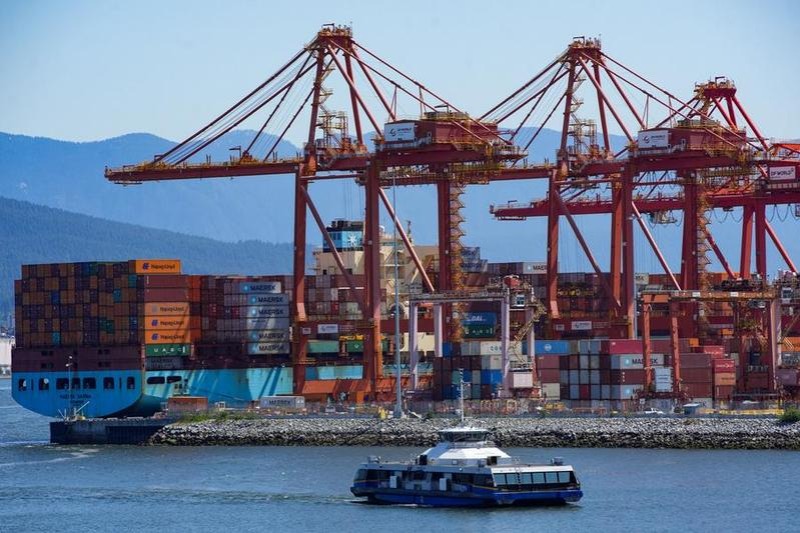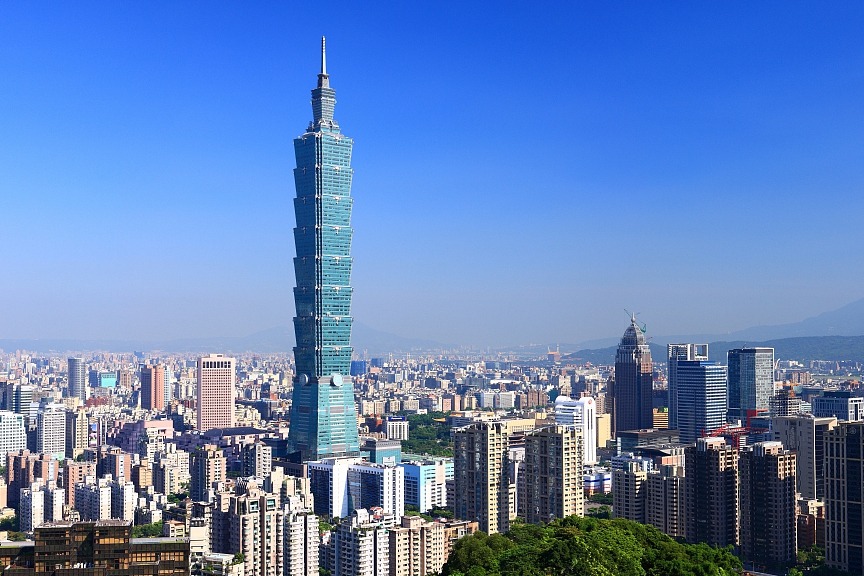UK has to drop bias to promote trade: China Daily editorial


That the United Kingdom imported more goods from China than from any other trading partner in the second quarter of 2020 speaks volumes about how important trade with China is to the economy of the UK. It also explains why UK Prime Minister Boris Johnson declared that he was "fervently Sinophile" at a Downing Street roundtable on Feb 12.
It was reported that the UK prime minister also signaled that he wanted a resumption of formal trade discussions between the two countries by reactivating — two forums — the Economic and Financial Dialogue and the China-UK Joint Trade and Economic Commission.
It is understandable that Johnson should enthuse about promoting trade ties with China — "whatever the political difficulties" — as the UK's economy shrank by 9.9 percent in 2020, the worst among G7 industrial countries. The prospects for its economy are not looking bright this year either because of the COVID-19 pandemic and the post-Brexit difficulties it is facing. Developing trade ties with China offers a sure pick-me-up for the UK economy. In fact, strengthening bilateral economic ties is in the interests of both countries. There is no reason for them not to welcome greater economic cooperation.
However, while enthusing about boosting ties when talking with representatives of the Chinese business community, the UK prime minister becomes another person when talking about China on other occasions, making provocative remarks about the origin of the novel coronavirus and China's internal affairs. Clearly, the prime minister being a practical person, is trying to appease elements within his own party, while at the same time trying to curry favor with the new US administration.
Thus his government has followed the US lead in challenging China on the grounds of fabricated human right abuses in the Xinjiang Uygur autonomous region and smeared the national security law introduced in the Hong Kong Special Administrative Region, going so far as to renege on a memorandum of understanding that Chinese citizens in the SAR would not be offered a route to British citizenship by means of the so-called British Nationals Overseas passport.
The UK prime minister and his government show no respect to China's sovereignty on the question of Hong Kong, nor do they to international law and conventions. On the question of Xinjiang, they have turned a blind eye to the fact that all the so-called human rights abuses are fabricated by those secessionists who want to split Xinjiang from China. The fact is that the Chinese government has done what it can to help promote the economy of Xinjiang and improve the living standards of Uygurs and other ethnic groups there.
The UK prime minister and his government cannot expect to save the country's economy by developing economic cooperation with China while at the same time besmirching China's image with totally groundless accusations. The political differences between the two countries that Johnson spoke of are those contrived by the UK, and he can swiftly resolve them by committing to cease and desist.


































